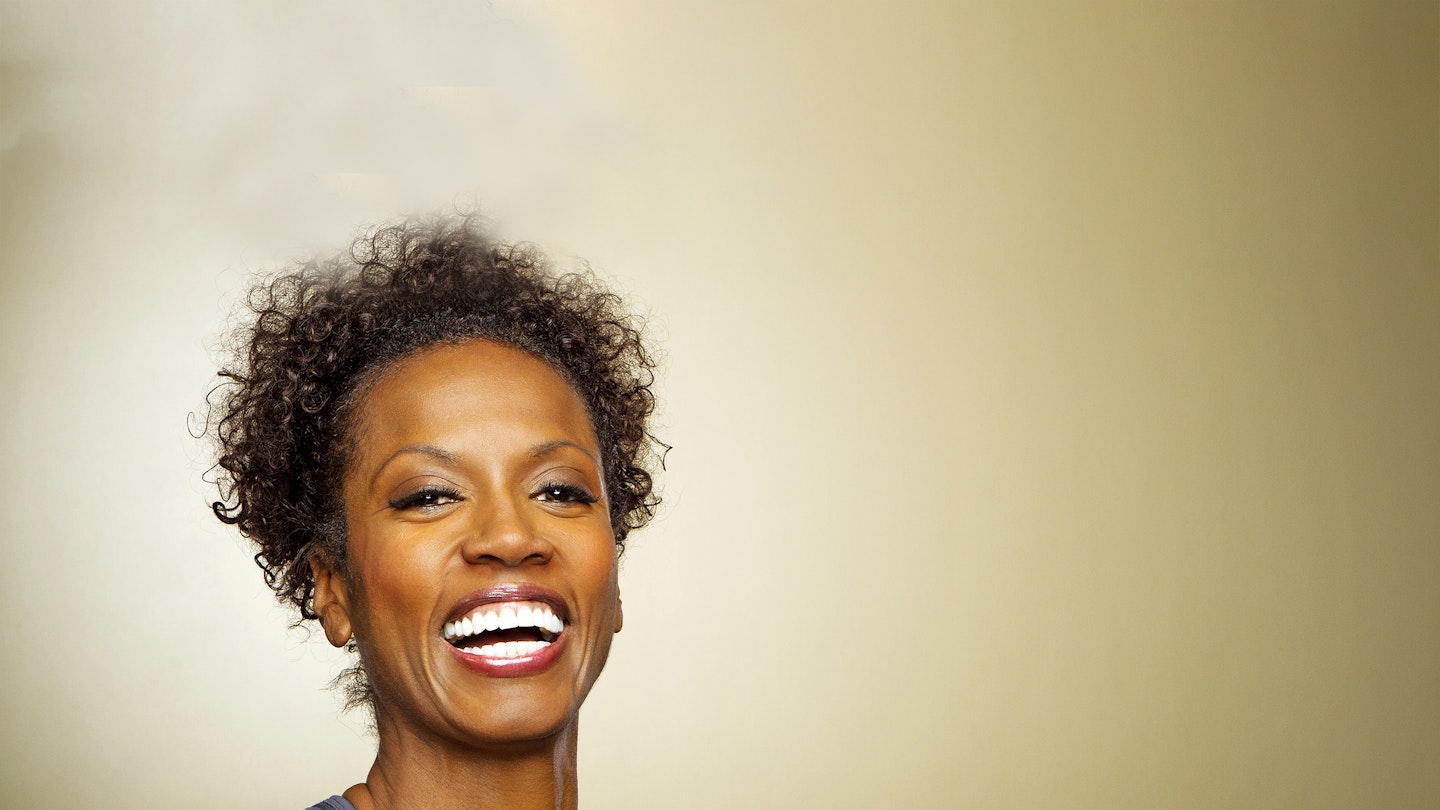Nowadays we’re living longer than ever thanks to improved medical science and better living conditions.
But what happens in those extra years?
Do we just accept that our bodies will decline both physically and mentally? Or is it in our power to change this?
Experts believe that by making these 10 lifestyle tweaks, you can reap the long-term benefits and become a super-ager.
Stay active
Staying active is one of the best things you can do as you age. Physical activity results in increased oxygen intake, which helps your body perform at its best. Exercise helps your heart, and muscle-strengthening exercises specifically reduce the risk of injury caused by falls.
Regular exercise also helps you maintain a healthy weight. The risk of developing Alzheimer’s disease triples in individuals with a BMI over 30. Just exercising twice a week will help reduce our chances of getting the disease in later life.
Continue to challenge yourself
Mental activity can be just as important as physical activity. If Sudoku isn’t for you, don’t fret. Try reading an article on an unfamiliar subject or take classes that put you out of your comfort zone. These will help to stimulate the brain in new ways.
Be a social butterfly
Socialisation is cognitively stimulating. Chatting with friends, challenging each other, and offering support helps your brain lay down new neural networks that keep your brain young.
Eat the rainbow
It sounds so boring, right? But if you’re a healthy weight, you’re already so far ahead. Obesity is such a potent and important cause of numerous age-related diseases, such as adult-onset diabetes, cancer, heart disease and stroke, not to mention dementia and Alzheimer’s disease.
Different coloured plants are linked to higher levels of specific nutrients and health benefits. While eating more vegetables and fruit is always a good idea, eating a variety of colours will increase your intake of different nutrients to benefit your health.

Let it go
Stress that continues for a long time, a condition known as chronic stress, is toxic to your brain — it literally eats away at critical brain regions. Leave negative things behind. Change your job, go on holiday if you can, and focus on the positives.
Quit smoking
Smoking can trim up to a dozen years off your life, so there’s never been a better time to stop. Quitting also greatly improves your chances of a disease-free, mobile, happier old age.
Lift weights
Rather than focusing on burning calories with cardio equipment, build strength with weights. It maintains muscle and bone mass to protect against frailty and prevent falls when you get older. It also keeps your mind nimble.
Modest drinking
According to research, those who drink a couple of glasses of wine or beer in a moderate way are more likely to live longer, compared with tee-totallers.
Go on HRT
All women should consider taking HRT as it’ll improve symptoms as well as improving future health.
Menopause specialist Dr Louise Newson says: ‘For too long women have been scared away from taking HRT for the wrong reasons and this has to change. By downloading the balance app (balance-app.com), women can be given evidence-based information about the menopause and HRT in a very simple, clear and accessible way. Body identical HRT available on the NHS is made from yam plants and is very different to older types of synthetic HRT derived from horses’ urine. There are very few women who cannot safely take HRT.’
Have more sex
New research has found that half of UK adults over 60 feel more confident in their sexual relationships than ever before, with one in five revealing they’re more confident now than when they were younger.
Sex and relationships expert Tracey Cox says: ‘There’s a confidence that comes with age and experience. You worry less about what people think, you know your body and you’re not afraid to ask for what you want. Couples who have regular sex feel more connected to their partner and rate their relationship happiness much higher than couples who don’t. It keeps us happy, it keeps us close, why on earth would we want to let sex or intimacy disappear from our lives?’
